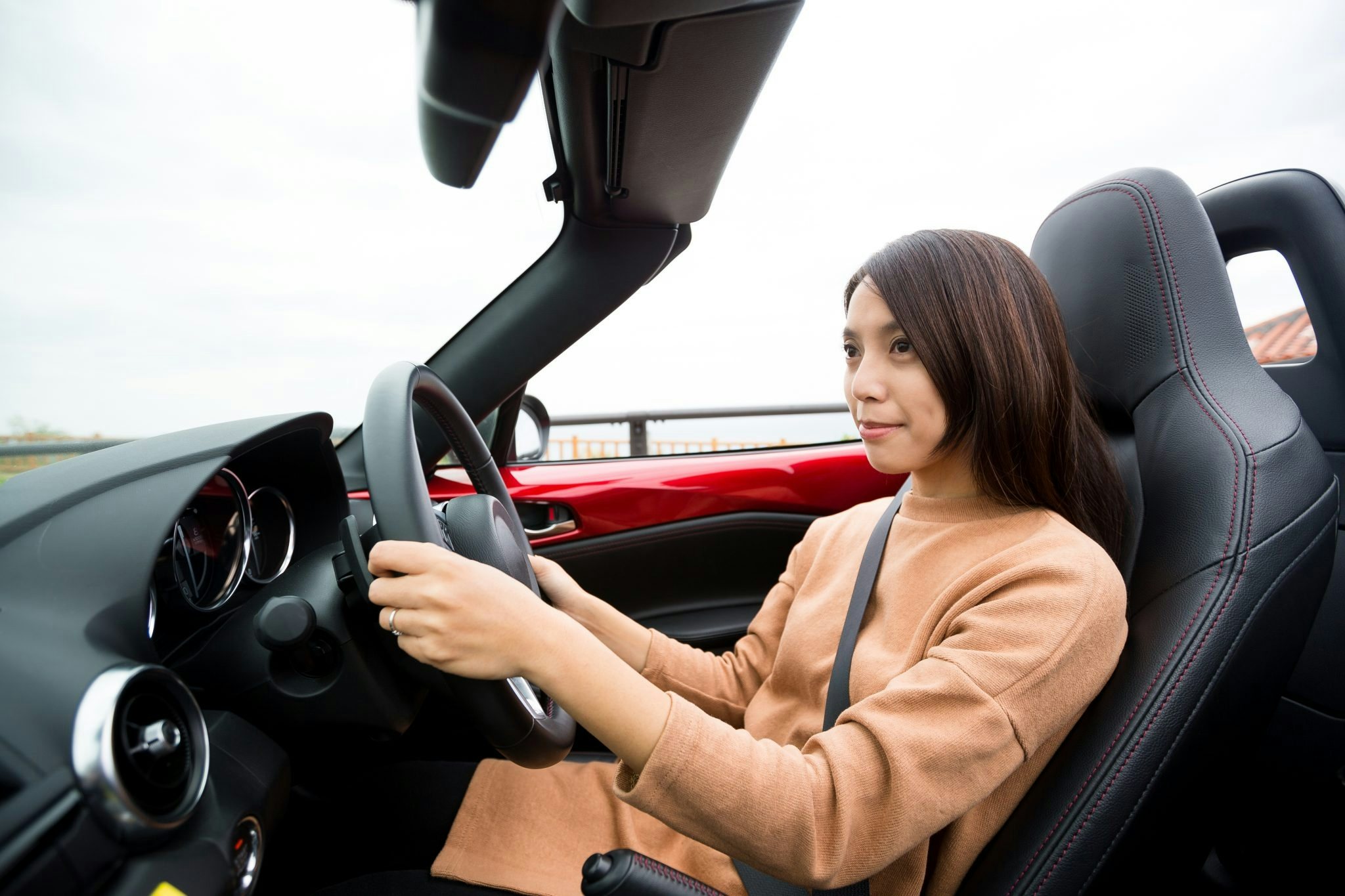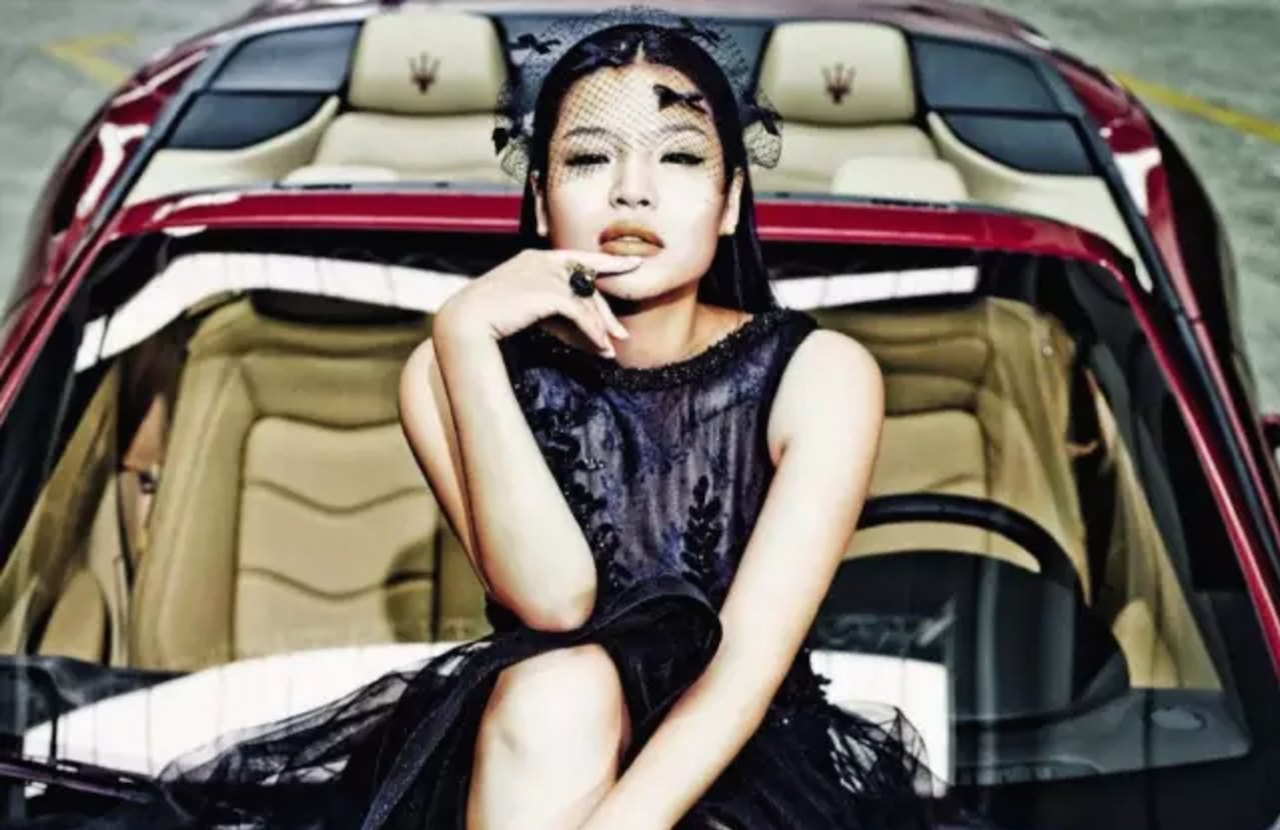In recent years, affluent Chinese women have developed a global reputation for being avid buyers of luxury cars. Their purchasing power is almost on par with that of affluent Chinese men.
The trend has driven a number of foreign prestige auto brands, such as Audi, Cadillac and Ferrari, to step up their efforts to market toward this consumer segment. Due to their varied cultural, social and economic backgrounds, Chinese women have very different buying habits than their Western counterparts. And some brands have responded creatively to these differences, developing marketing campaigns that appeal specifically to Chinese women.
Jing Daily caught up with Raul Rios, the Senior Director of Strategy at Walton Isaacson, after his presentation at Luxury Daily's "Women in Luxury" conference, in New York on September 26. In the following interview, Rios, who specializes in luxury automotive marketing, shared his insights into the consumption behaviors of Chinese women with respect to luxury cars and offers marketing advice to brands.
Jing Daily: How do Chinese women buy luxury cars differently from women in the West?#
Raul Rios: Chinese women are a little bit different from American women, particularly when we look at wealth and affluence. In China, there is a higher percentage of women in leadership positions than there are in Western countries, which shifts our perception of who has the power to buy luxury goods.
Luxury is used as a way of signaling their social status, and they use it as a form of self-expression. But it is apparently still very male-dominated. So women are also looking for ways to emulate some of the attributes that men have – status, power, and success. Women want that for themselves. Chinese women, in particular, are looking for that. So we see that across the category, whether it is automotive, apparel and accessories, those are the predominant areas where Chinese women are seeking out those elements.
How do you successfully market to affluent Chinese women?#
You want to be able to make them the central characters in the story. They should not be secondary and should not play supporting [roles]. It should be about them. The other thing is to contextualize the experience. It needs to be very specific and unique to women. Making the context relevant to her.
Women do not live in a vacuum. Men are a key alliance for women, so bringing them into the conversation and allowing them to have a perspective that supports women, I think, is very important.
Lastly, you should connect woman through networks. Mercedes did a good job with their "She is Mercedes" campaign. They profiled the optimism of women globally. It is not only about creating a campaign, but also about linking women together. It is not enough to put an ad out there. It works a lot better if these women are able to be inspired by one and another. The brand just acts as a facilitator for that.
Why do you think Chinese women are so enthusiastic about buying cars on e-commerce sites like Tmall?#
Women make financial decisions a little bit differently than men. They like to gather a lot of information, look at that information and analyze it, and then come to a decision. There is a different process that is more time-intensive. In general, when women go through that process, there’s slightly better performance in terms of the quality of that decision. Whereas men are more impulsive. They will make a high-risk, quick decision. If it works out, that’s great. Women are a little bit averse to that. Online channels enable them to do more research. [They do] not have to get involved in haggling. They just want the facts and to make the decision themselves. That is a very female-centric mindset.
In China, Maserati is known as a luxury auto brand favored by wealthy Chinese women. What do you think that car brand has done right to get so firmly in their good stead?#
The brand image of Maserati resonates with these affluent Chinese women. Maserati is a very performance-oriented sports car. There is a masculine element to it. It’s very bold and innovative. When we think of affluent Chinese women, those are attributes they share with the brand. Performance is one of the key drivers.
Performance-minded consumers are very into the details. They will research the products extensively. They want to know its history, its heritage, and all of these intricacies. Maserati does a good job of telling that story.
There is also a level of glamour to Maserati. I think that’s how Chinese women view luxury. They look to handbags, shoes and another forms of apparel that all have a slight element of glamour. Again, differentiation is extremely important to Chinese women—something that helps them stand out. So Maserati delivers on that differentiation.
This interview has been edited and condensed.



